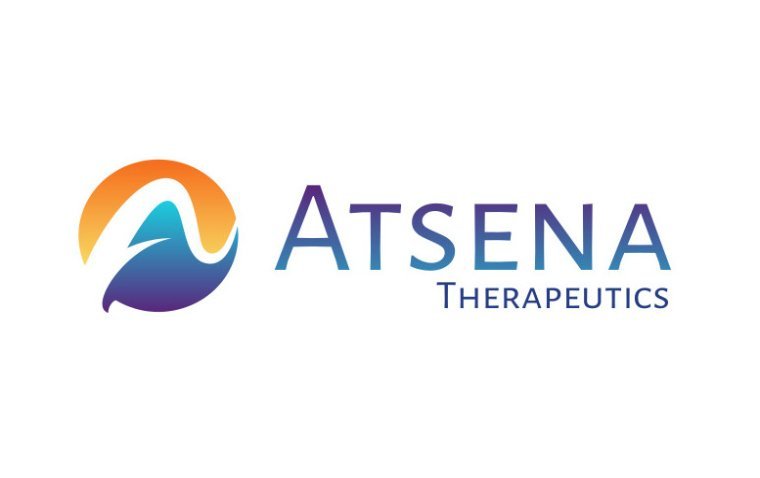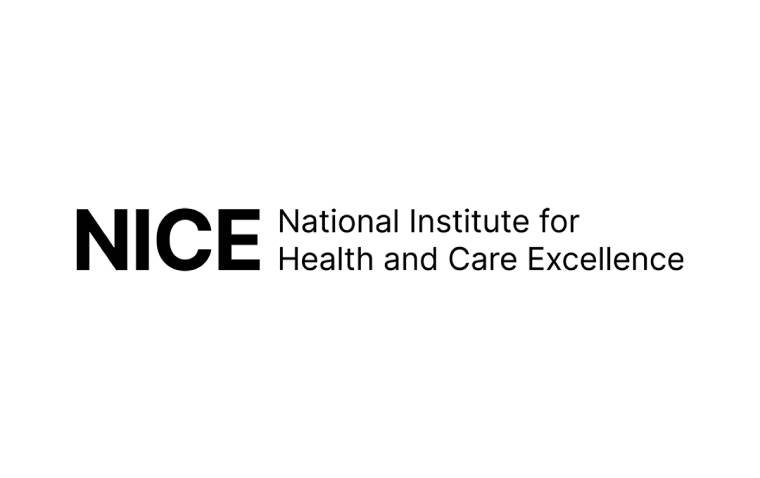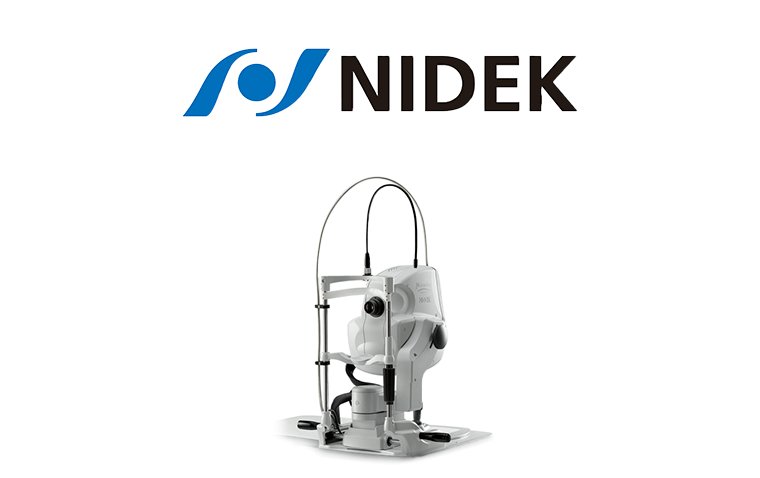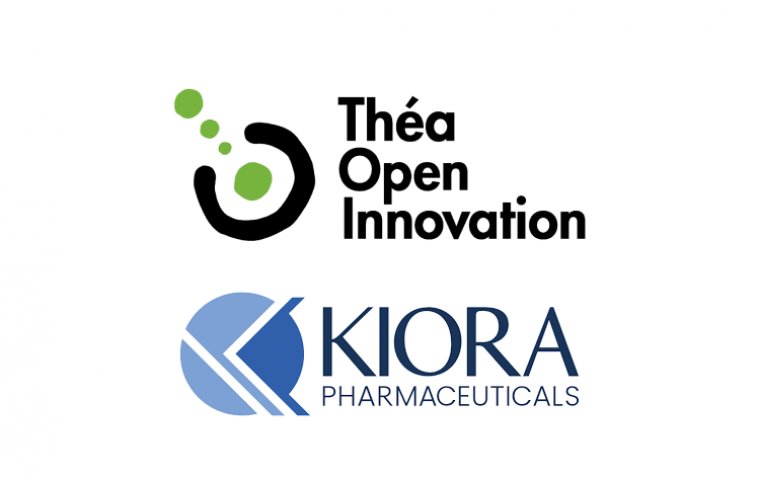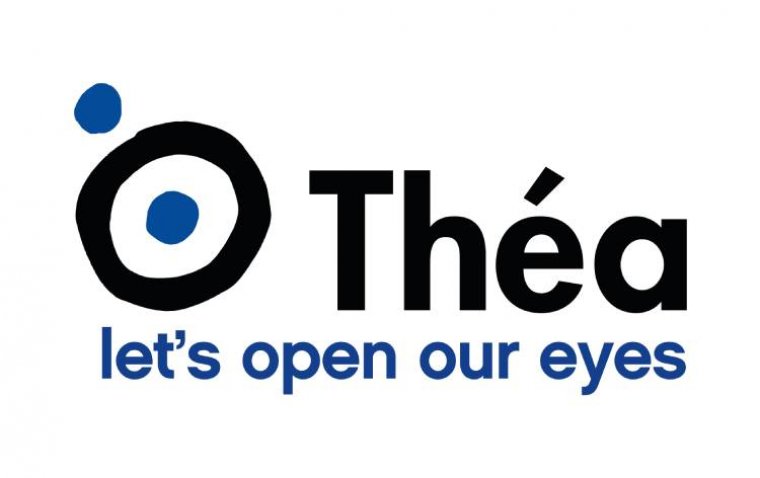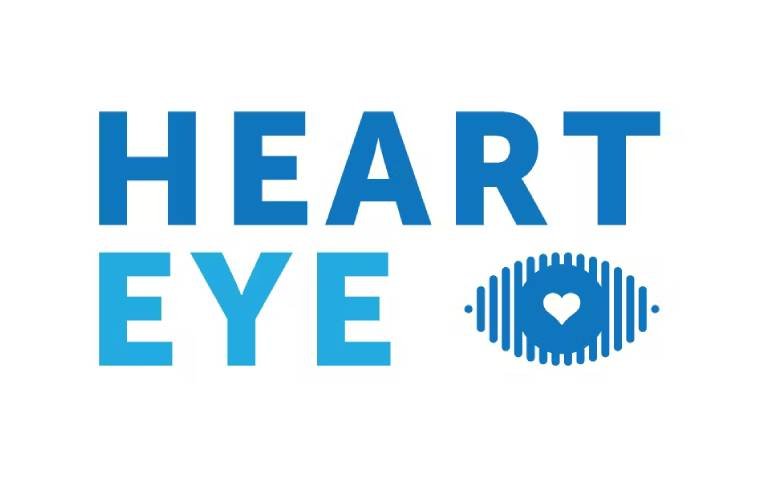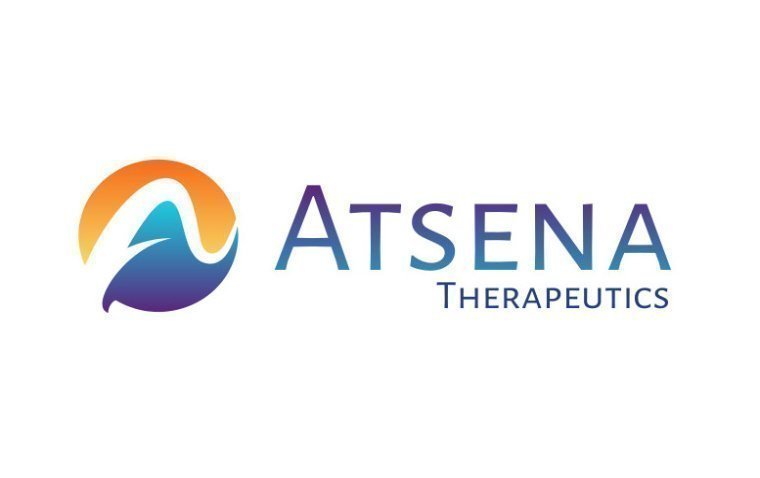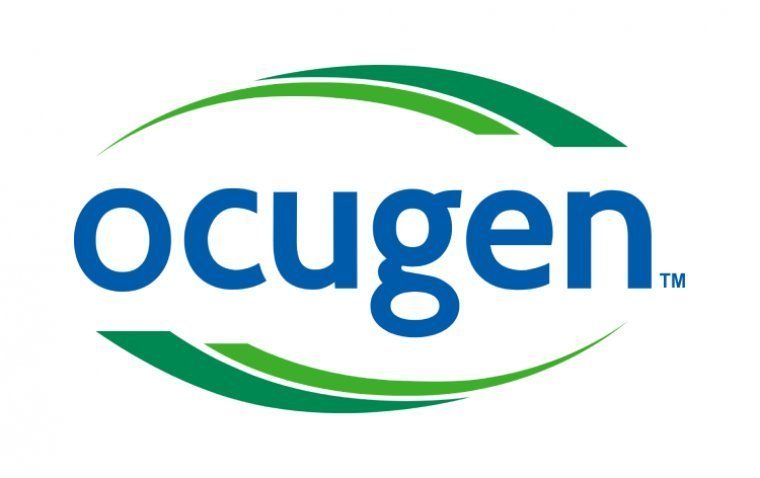
Ocugen Completes Dosing in Key Trial for Geographic Atrophy Treatment
Ocugen has officially completed dosing in the second cohort of its phase 1/2 ArMaDa trial of OCU410, a novel gene therapy designed to treat geographic atrophy (GA). The therapy, known as adeno-associated viral vector 5 human RORA (AAV5-hRORA), is being evaluated at up to 13 retinal surgery centers across the United States.
Phase 1/2 Trial Structure and Dosage
The ArMaDa clinical trial's phase 1/2 is structured to first assess the safety of unilateral subretinal administration of OCU410 in patients with GA through a multicenter, open-label, dose-ranging study. This study includes three dose levels: low dose (2.5×10^10 vg/mL), medium dose (5×10^10 vg/mL), and high dose (1.5×10^11 vg/mL). Phase 2 will then expand into a randomized, outcome accessor-blinded study where patients are allocated in a 1:1:1 ratio to either one of two treatment groups receiving OCU410 or to an untreated control group.
In the recently completed second cohort, three patients were administered a single 200 mL subretinal dose of the medium dose of OCU410. A Data and Safety Monitoring Board meeting is scheduled for next month to review the 4-week safety data from this cohort before advancing to the high dose, the final stage of the phase 1 dose-escalation study.
Insights from the Lead Investigator
Syed M. Shah, Vice Chair of Research and Digital Medicine and Director of Retina Service at Gundersen Health System in La Crosse, Wisconsin, and the lead investigator for the OCU410 phase 1/2 trial, highlighted the innovative approach of OCU410. "Currently we have two FDA approved, anticomplement therapies for GA targeting a single pathway of the disease, which has multifactorial and complex etiology,” said Dr. Shah. "This novel modifier gene therapy has the potential to transform the therapeutic landscape in GA treatment, moving beyond the limited benefit of current treatments that require multiple intravitreal injections over several years."
Dr. Huma Qamar, Chief Medical Officer of Ocugen, also expressed optimism about the trial's progress. "We are very enthusiastic about the potential of OCU410 as a one-time, gene-agnostic option for the treatment of GA," she said. "OCU410 regulates multiple pathways involved with the disease, including lipid metabolism, inflammation, oxidative stress, and membrane attack complex (complement) with a single sub-retinal injection.
About Geographic Atrophy
Geographic atrophy (GA) is an advanced form of age-related macular degeneration (AMD), a leading cause of vision loss among the elderly. This condition is characterized by the progressive degeneration of the retina, specifically the loss of photoreceptors and the underlying retinal pigment epithelium in the macular region, which is crucial for sharp, central vision. Symptoms of GA include a gradual decline in visual acuity, difficulties with color perception, and the presence of scotomas or blind spots in one's field of vision.
(1).jpg)
